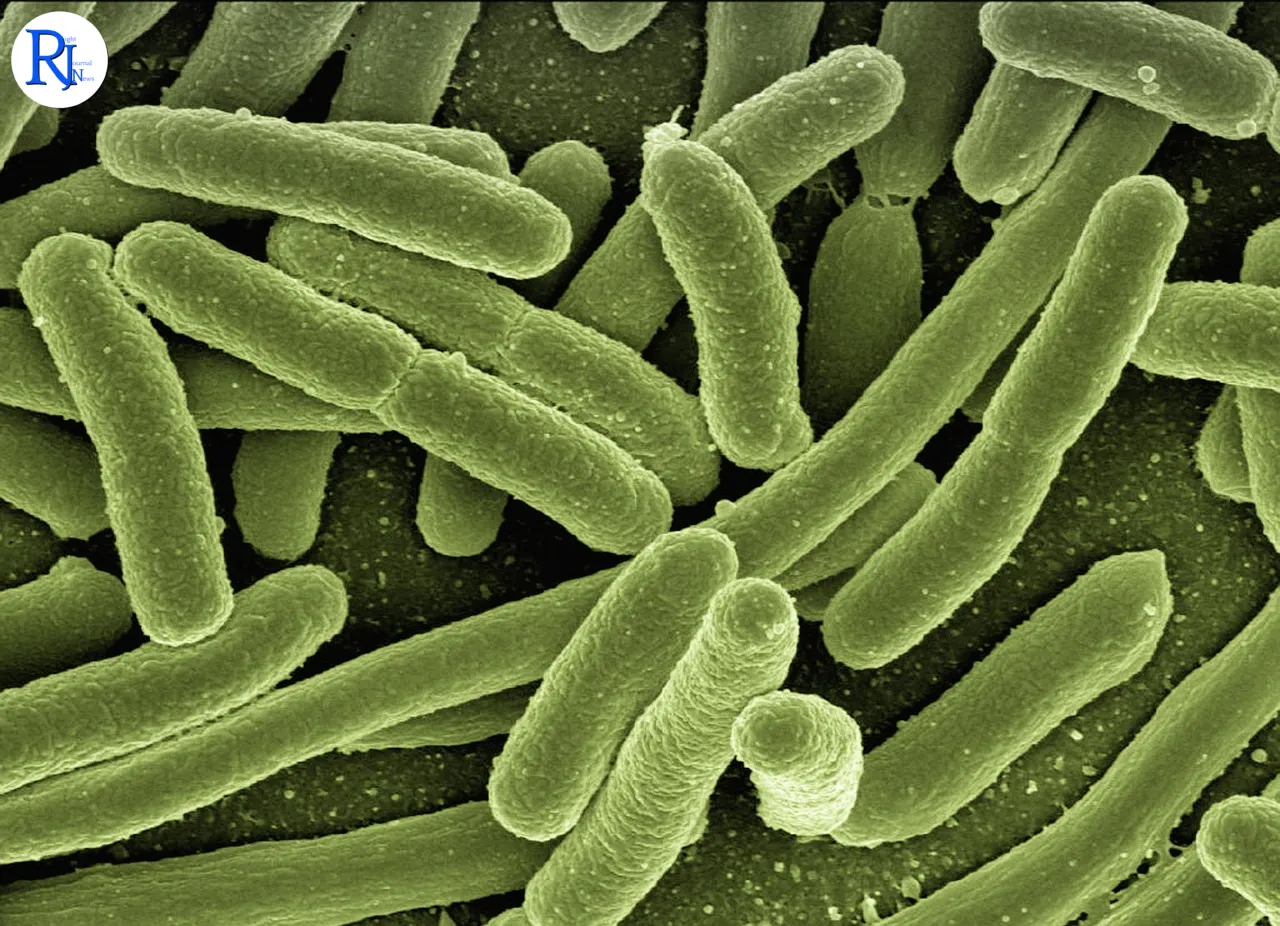In a groundbreaking study, researchers at the University of Cambridge have unveiled the significant role that the gut bacterium Bifidobacterium breve plays during pregnancy. This discovery marks the first clear evidence that this “good” bacteria can regulate hormone production in the placenta, crucial for healthy pregnancies. The findings could pave the way for new dietary guidelines and probiotic treatments aimed at expectant mothers.
Research Unveiled in Cambridge
This pivotal research was conducted at the University of Cambridge, a leading institution known for its contributions to medical science. The study, published on 6 October 2025, highlights how Bifidobacterium breve, a common gut bacterium, influences the endocrine function of the placenta. The placenta is vital for nutrient and oxygen transfer from mother to baby, and its hormone production is essential for pregnancy maintenance and fetal development.
Dr. Amanda Williams, a lead researcher in the study, emphasised the importance of this discovery. “Our findings suggest that enhancing the presence of Bifidobacterium breve in the gut microbiome could support placental health, potentially improving pregnancy outcomes,” she stated. This insight offers a new perspective on the role of gut health in pregnancy, an area that has been gaining interest in recent years.

The Role of Bifidobacterium Breve
Bifidobacterium breve is a beneficial bacterium commonly found in the human gut. It is known for its positive effects on digestion and immune function. However, its influence on pregnancy had not been fully explored until now. The study indicates that this bacterium can regulate the production of key hormones in the placenta, such as progesterone and oestrogen, which are vital for maintaining pregnancy and supporting fetal growth.
The researchers conducted experiments on pregnant mice, observing the effects of Bifidobacterium breve on their placental function. The results showed a marked improvement in hormone levels and overall placental health. These findings offer a promising avenue for further research in humans, with the potential to enhance maternal and fetal health through targeted probiotic interventions.
Implications for Maternal Health
The implications of this study for maternal health are profound. Hormonal imbalances during pregnancy can lead to complications such as preterm birth and preeclampsia. By potentially regulating these hormone levels through gut bacteria, expectant mothers could experience healthier pregnancies with reduced risks of complications.
Dr. Sarah Johnson, an expert in maternal-fetal medicine, commented on the study’s significance: “This research opens up exciting possibilities for non-invasive interventions in pregnancy. By focusing on gut health, we could see a reduction in common pregnancy-related issues, improving outcomes for both mothers and babies.”
Future Directions and Recommendations
The findings of this study suggest new directions for future research and clinical practice. One potential application is the development of probiotic supplements specifically designed for pregnant women, aiming to boost levels of Bifidobacterium breve. Such interventions could be incorporated into prenatal care routines, offering a simple yet effective way to enhance pregnancy health.
Moreover, dietary recommendations for expectant mothers may evolve to emphasise foods that naturally support beneficial gut bacteria. Foods rich in prebiotics, such as whole grains, bananas, and onions, could be encouraged to promote a healthy gut microbiome.
Looking Ahead: The Potential Impact
As the understanding of the gut microbiome’s role in pregnancy deepens, the potential for improving maternal and infant health becomes increasingly tangible. This study from the University of Cambridge marks a significant step in that direction, offering hope for new strategies to support healthy pregnancies.
The research community is expected to build on these findings, exploring the specific mechanisms through which Bifidobacterium breve influences placental function. As further studies are conducted, the goal is to translate these insights into practical solutions that benefit expectant mothers worldwide.
In summary, the discovery of Bifidobacterium breve’s role in regulating placental hormones underscores the interconnectedness of gut health and pregnancy. With ongoing research and clinical advancements, this knowledge could lead to improved health outcomes, supporting the next generation from the earliest stages of life.

